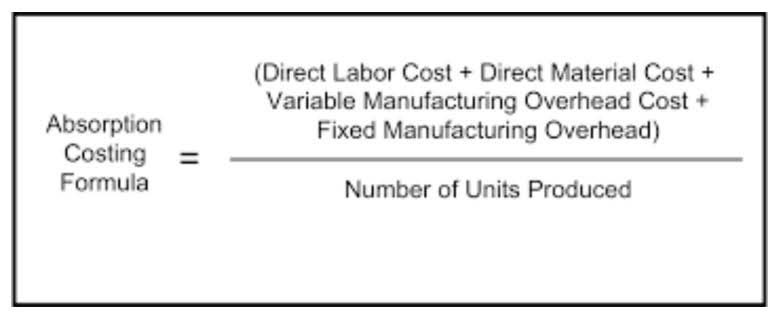
The matching principle ensures that your business revenue and expenses are reported at the time they occur. Revenues and expenses are matched on your financial statement for a specific period of time such as a month, quarter, or year. For example, employee wages should be documented in the week they performed work, not the week when they actually receive their paycheck. The international financial reporting standards (IFRS), set by the International Accounting Standards Board (IASB), is an alternative to GAAP that is widely used worldwide.
Governmental Accounting Standards Board
The rules set forth in GAAP improve consistency and clarity of financial communication by ensuring that all public U.S. companies report their financial status in either identical or very similar manners. These principles were determined by the Financial Accounting Standards Board (FASB). GAAP provides the foundation for bookkeeping best practices, ultimately promoting consistency, transparency, comparability, and reliability in financial reporting. Over the years, GAAP has evolved to keep pace with the ever-changing business landscape. Any information related to the business and relevant to an investor must be fully disclosed in the financial statements or the notes of the financial statements.
- Follow the accounting principles laid out below to have a clear, transparent and accurate view into your business’s financial wellness.
- It should be noted that a private company can elect not to apply the VIE guidance, if certain conditions are met.
- The goal of GAAP is to ensure that financial reporting is transparent and consistent across public organizations and accounting periods.
- This includes how to record interest expense, how to calculate the carrying value of debt, and how to account for debt modifications and extinguishments.
- This requires that companies match revenues with the expenses incurred to generate them.
GAAP

The AIA is a professional organization that provides accounting definition guidance and support to accountants. They have created a set of standards that help ensure that accounting practices are consistent and accurate. GAAP includes certain revenue recognition standards that companies must follow. GAAP includes certain revenue recognition standards that companies must follow to ensure that revenue is recognized when a sale has been transacted, regardless of when the customer pays.
What are the GAAP accounting rules?

Despite improved ease of management, accounting and investment, some argue that combining the standards would lead to new issues. accounting The difficulty of merging cross-cultural business ethics and processes into one codified standard could prove insurmountable. Vast differences between political and tax systems could also be prohibitive.
- GAAP is the set of standards and regulations any publicly traded company in the U.S. is legally required to follow when preparing financial documents.
- These models are the variable interest entity (VIE) model and the voting interest entity model.
- They have created a set of standards that help ensure that accounting practices are consistent and accurate.
- Small-business owners should keep their business finances separate from personal ones.
- Please read our article, where we explained the four basic accounting concepts or assumptions in full detail with examples.
- The principle of non-compensation requires that expenses and revenues be recorded separately.

With GAAP, presenting a company’s finances to outside entities (such as banks) becomes easier and more manageable. While GAAP is not required for all organizations, you may want to consider using these principles when preparing your financial statements. Understanding Generally Accepted Accounting Principles (GAAP) is essential for businesses and investors. These principles provide the foundation for consistent financial reporting in the United States, ensuring transparency and comparability across organizations’ financial statements. At the end of the year, Lucy’s financial statements don’t provide a clear picture of her business’s true profitability.

Domestic U.S. companies whose securities trade on public exchanges must use GAAP guidelines, as do businesses operating in regulated industries. GAAP standards also apply Retail Accounting to nonprofit organizations and government agencies. GAAP is used primarily in the United States, while the international financial reporting standards (IFRS) are in wider use internationally.
To that end, we have built a network of industry professionals across higher education to review our content and ensure we are providing the most helpful information to our readers. Since much of the world uses the IFRS standard, a convergence to IFRS could benefit international corporations and investors alike. If there is any additional or relevant information needed to understand the financial reports, it must be fully disclosed in the notes, footnotes or description of the report. Delve into the complexities of the evolving tax landscape and political shifts impacting your firm.

